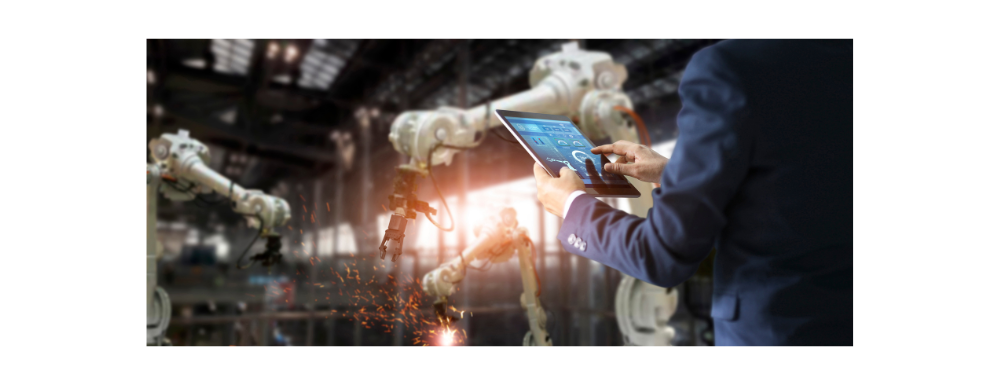Advanced Robotics for Manufacturing (ARM) Institute announced funding for eight new short-cycle technology projects, awarding nearly $3.26 million across the projects.
Projects are selected from its Project Calls in collaboration with the ARM Institute’s internal team of experts, ARM members, and DoD collaborators.
The ARM Institute’s latest projects are:
Technology Assessment of Virtual Commissioning for Day One Manufacturing Readiness to create a report detailing a framework package containing all considerations necessary to develop a full digital twin, allowing users to perform system testing in a digital environment before installation.
Autonomous Robotic Iterative Forging Phase 2 will address the need for small-volume, high-mix manufacturing that requires one-off components that can be complex and require expensive machining and tooling.
Robotic Manipulation of Granular and Paste-like Materials developing a robotic skill based on AI imitation and reinforcement to safely scoop precise amounts of granular and paste-like materials, enabling robots to operate in a flexible way in a broad class of applications.
The Path to Adopt Multi-Modal AI and Rapid Re-tasking & Robot Agility Project for market studies and workshops for two topics: multi-model inputs for AI and the potential for large language models, like Chat GPT in manufacturing, and rapid re-tasking and robot agility to re-think the way we typically deploy robots.
Discovery Workshops/Market Analysis for Space and Hypersonics to complete Discovery Workshops and Market studies centered on terrestrial manufacturing for space and the manufacturing of hypersonic components and structures.
Time-Optimal Motional Planning using Convex Sets focusing on automated robotic task planning, doubling the ingredient pickup robot moving time, improving the planning time for utensil pickup, and improving meal throughput.
Manipulating Fabric with Robots for Pick-and-Place Operations to boost robotic capabilities when handling fabric for the garment industry, as well as automation capabilities in aerospace and other industries working with flexible, fabric-like materials.
Collaborative Framework for Robotics Training addressing the limits in robotic adoption that come from the lack of flexible robotic systems and difficulty in upskilling a large industrial workforce.

